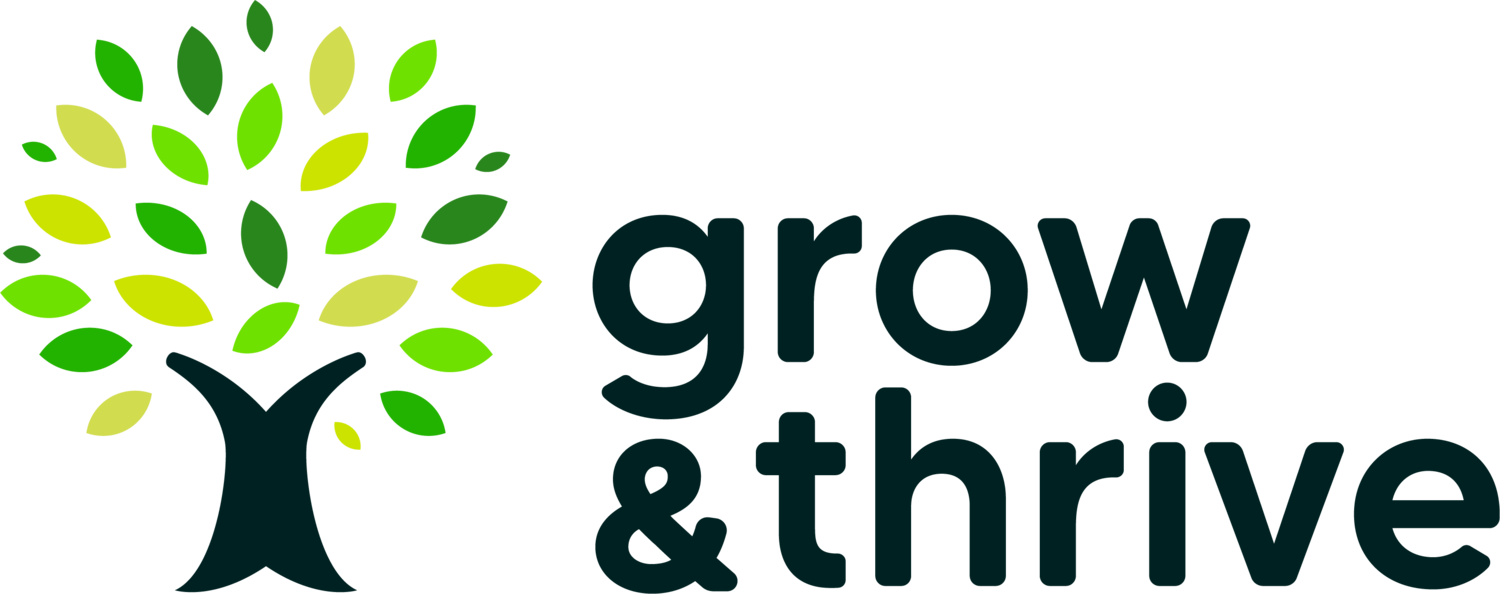Debating therapy? (Or should Scots always wear kilts?!?)
What relevance do debating skills have to everyday life? Why on earth would you cover that in a speech and language therapy session?
There are so many skills that underpin the ability to debate, and to discuss. If you look back at your day, you will see that many of our interactions are about exchanging ideas, sharing opinions, responding to the ideas and opinions of others. For young people with social communication difficulties such as Autism this is even harder. Being able to see the perspective of others is really tricky, which can lead to conflicts and miscommunication. In academic work this also has a part, and for the young person who is very academically able, but struggles to see things from other perspectives this can be a barrier to achievement.
As you move through high school, assignments, essays and exams increasingly require you not just to share what you know, but ask you to synthesise information from a range of sources, to compare and contrast theories, to weigh up evidence, to distinguish and discriminate between two accounts. Here, those foundation skills of perspective-taking become really important.After thinking about this I have been working with a gifted young person on debating skills as a way in to exploring perspectives. We started by taking statements (pretty random and fun to begin, including "chalk is the best thing to write with", or "we should only eat cake, not bread") and taking turns to argue for and against. We use post it notes to prepare 3 reasons in support of our argument then look to translate these into a back and forth. It has worked well because it is not threatening, not personal and we have had fun with the arguments.
Next step was some slightly more challenging issues (including "all nuclear weapons should be destroyed", and "Scotland should be an independent country"), and challenging the young person to think of the arguments for the viewpoint that they disagree with! It has been tricky, but a great way in to exploring what other people might think and this young person is storming it which is awesome.
Next steps are to look at more personal debates, and things that are very strongly held beliefs and explore other perspectives on those, and to work backwards from there towards exploring everyday situations that are challenging, from the political level to the personal level. Establishing these higher-level techniques in staged setting, will build skills that can translate to other setting - academic and social.
Jude Philip is a specialist Speech and Language Therapist at the social enterprise Grow Communication Limited. She is passionate about unlocking potential for people with communication difficulties. Www.growsalt.uk


